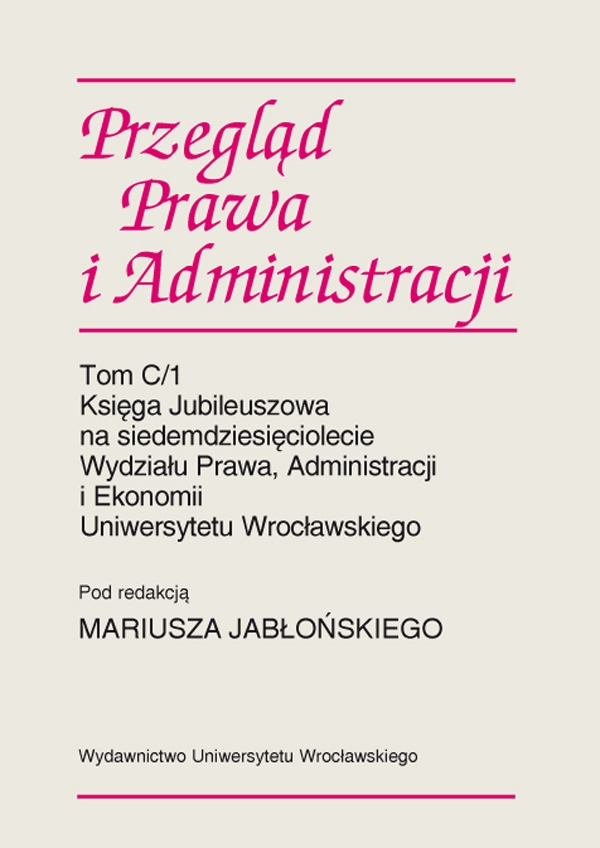

Artykuły archiwalne

THE WEALTH OF ECONOMIC THOUGHT
AND THE MODERN ECONOMY
Economic life of man was the first item of interest to philosophers and theologians, who envisage it from the point of view of ethics. From the 18th century, when the economics gained the status of science, and the book of Adam Smith An Inquiry into the Nature and Causes of the Wealth of Nations 1776 originated classic economics, there has been a dynamic growth of economy, caused mainly by socioeconomic changes. There have been numerous theories, making up the wealth of economic thought. Classical economics at the end of the 19th century developed evolutionarily into neoclassical economics that defined a paradigm of full rationality of economic operators and the market as the best mechanism to balance the economy, in addition to the state economic system. In the 20th century, following the great economic crisis, economy was replaced by Keynesian thought, which advocated state activity in order to stabilize the economy. Until the 1980s governments used Keynesian recommendations successfully, but when that failed, they returned to neoclassical economics. A new classical economics, monetarism, economy of reasonable expectations, have provided the dependencies on the economy using models based on the assumption of rationality of the market participants. After the outbreak of the crisis in 2008 there appeared criticism of these currents concerning their alleged departure from reality and from the point of view of the doctrine they were to be blamed for the crisis. Beyond that are the directions of alternative economics evolutionary economics, behavioral economics, imperfect knowledge and complexity, which reject the neoclassical paradigm and state that human knowledge is limited, and people steer away from pure market behavior, so there is no rationality in economic activities. Fluctuations are the feature of economies, so the market does not automatically restore the balance, and therefore the state should be incorporated into the economy. The phenomena occuring in the world, e.g. globalization, crisis, multiculturalism, changing organization of production — require new research and the formulation of new theories. So we should expect further development of economics.